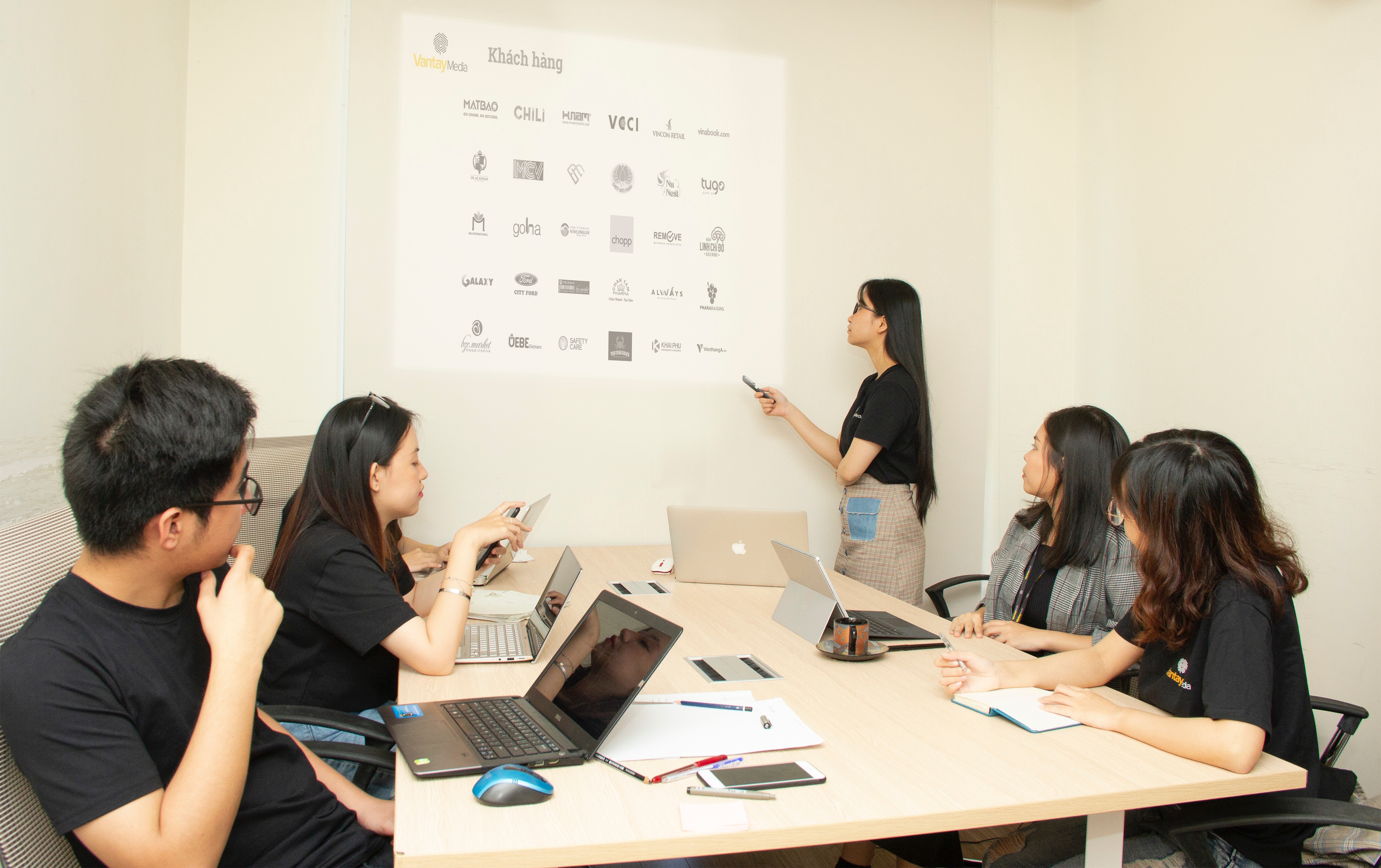Staff Training for Exhibition Booths - A Guide
Exhibition booths are a touchpoint that connects brands with the world. They tell your story, deliver your message, and interact with visitors navigating the labyrinth of a trade show floor. The effectiveness of your exhibition booth in achieving its objectives lies primarily with your booth staff — the people who interact with the attendees, sell your products, and symbolize your brand.
However, staffing an exhibition booth isn't just about selecting the right people, it also requires robust training to ensure a high-quality brand presentation and efficient interaction with potential clients. Let us unpack the importance of effective staff training for exhibition booths and discuss its key aspects.
The Crucial Importance of Booth Staff Training
Trade show or exhibition success isn't solely rooted in the booth's design, location, or even the product. Yes, these are important elements; however, one should never underestimate the power of a well-educated and trained booth staff, which is a significant factor in creating an impressive visitor experience.
Booth staff training endows the team with the essential skills to engage, attract, and maintain your visitors' attention, which can significantly improve lead generation and, ultimately, sales. Plus, the competencies gained from training include handling difficult situations and delivering consistent brand messaging, enhancing the brand image conveyed to visitors.
Risks of not effectively training exhibition staff
Neglecting to train your exhibition booth staff effectively can result in several risks that can negatively impact the success of your participation in exhibitions and trade shows.
Reduced Booth Performance: Research by Deloitte and Touche revealed that booth staff training could improve your performance by up to 36%. Without this training, your staff might not effectively engage potential customers or promote your products and services, resulting in a diminishing impact at exhibitions.
Inconsistent Brand Messaging: When your staff members are not well-versed in your brand's values, mission, and offerings, they might present inconsistent or incorrect information to exhibition attendees. This can confuse visitors, undermine your credibility, leave a negative impression, and possibly lead to lost sales opportunities.
Poor Visitor Experience: According to a post by Audiencegage, a majority of attendees remember booths solely based on the staff. Untrained staff might lack the soft skills necessary to interact positively with visitors, which could lead to a poor visitor experience and a less memorable impression of your brand.
Missed Sales Opportunities: Untrained booth staff may not recognize buying signals or effectively handle objections that arise during conversations with potential buyers. This could lead to missed leads and sales opportunities.
Crisis Mismanagement: If unexpected issues arise during an exhibition, untrained staff may not respond appropriately, leading to potentially escalated problems and damaged brand reputation.
Overall, failing to provide effective training to your booth staff increases the risk of underperformance and undermines the return on investment for your participation in exhibitions and trade shows.
Key Areas of Staff Training for Exhibition Booths
-
Brand Awareness and Knowledge
Your booth staff essentially become the faces of your brand during exhibitions. They must possess a thorough understanding of your company and its offerings. Beyond knowledge about the product or service features, they should be able to effectively convey your brand story, values, and mission. It empowers your team to answer questions or concerns that potential customers may have, increasing their credibility and the likelihood of sealing deals.
-
Communication Skills
Effective communication is paramount at exhibition booths, it's the vehicle through which brand messages are shared. Booth staff should be adept at breaking down complex information into bite-sized, easy-to-grasp details for visitors. Moreover, great listening skills are equally critical. Clear and active listening can help your staff cater to individual queries professionally and politely, increasing the chances of conversions.
-
Sales Skills
Generating leads and making sales are the ultimate goals of participating in exhibitions. Therefore, your booth staff should be well-versed in sales techniques. Train them to identify buying signals, handle objections, and effortlessly convert a conversation into a sales opportunity. Below we will outline a sales skills training plan for your exhibition staff.
-
Effective Engagement Techniques
The booth staff must be equipped with effective engagement techniques to command the attention of the audience. Techniques may include utilizing ice breakers, product demonstrations, or unique selling propositions to entice and hook the visitors.
-
Crisis and Objection Handling
Regardless of how prepared you are, unexpected issues and objections can arise during an exhibition. Your booth staff should have the skills and composure to handle any problematic situations and objections with grace, tact, and diplomacy.
Teaching Sales Skills to Exhibition Staff: A Comprehensive Guide
Developing sales skills in your exhibition staff is an investment in your trade show’s success. Here's a step-by-step guide to effectively teaching your booth staff sales skills.
Step 1: Start with the Basics of Sales
Begin the training program by introducing your staff to the basic concepts and principles of selling. Some topics to cover could be:
Understanding the Sales Process: This covers the stages of initiating contact, identifying the customer's needs, presenting the product as a solution, handling objections, and finally, closing the sale.
The Power of Effective Communication: Highlight the importance of clear, concise, and friendly communication. Discuss how to actively listen, how to adjust the conversation's tone based on the visitor's responses, and the necessity of using simple and understandable language.
Step 2: Product Knowledge
To sell effectively, staff members must understand your products or services completely. Make sure they have:
Knowledge of the key features, benefits, and differentiating factors of the products or services.
Information on how your offering solves a client's problem.
Familiarity with pricing details.
Awareness of the product’s unique value proposition.
Step 3: Soft Skills Training
Positive interactions can build trust and create a comfortable environment for visitors to engage. Offer training sessions to develop important soft skills such as:
Empathy: Understanding the visitor's issue and perspective allows for more effective communication and problem-solving.
Patience: Complex discussions and negotiations may take time; patience prevents rushing the sale and maintains rapport with the visitor.
Flexibility: The ability to adapt to unexpected situations or conversations.
Positive Attitude: A cheerful, positive vibe can make your exhibition booth more inviting.
Step 4: Handling Objections
Every sales conversation might not pan out smoothly. Equip your staff with the skills to handle objections effectively:
Teach them not to fear objections, but rather, view these as further opportunities to explore customer needs.
Train them to listen completely to the objection, empathize, and then respond with a suitable solution.
Educate on common objections and effective ways to overcome these.
Step 5: Use of Technology and Tools
Leverage available technology and tools to make sales processes more efficient. Your staff should be familiar with lead tracking software, interactive product demos, email follow-up platforms, and any other technology specific to your booth.
Step 6: Role Play
One of the best ways to teach sales skills is through role-playing exercises. These simulations allow staff to practice sales pitches, handle hypothetical objections, and experience real-world scenarios.
Step 7: Feedback
Providing constructive feedback on their performance allows for continuous learning and improvement in sales skills. This can be done using feedback from role plays and also within actual sales scenarios.
Teaching sales skills to your booth staff is a continuous process that requires investment, commitment, and patience. Remember, the more skilled your staff, the higher the chances for successful engagement, lead generation, and conversion at your exhibition booth.

Training Strategically for Maximum Effectiveness
Training your booth staff should not be a one-size-fits-all approach. Instead, make it interactive, dynamic, and engaging. The use of role-play and simulation can allow your team to learn and improve through practice.
Additionally, personalized feedback sessions based on role-play performances can help each staff member to identify their areas for improvement. This kind of active learning and feedback engages staff, keeps them motivated, and results in more efficient and effective learning.
Further, incorporate continuous learning whenever possible. Instead of focusing only on pre-event training, ensure the staff also reflects on and learns from their practical experiences during the event. Post-exhibition debriefing, sharing experiences, and identifying areas of improvement can be very beneficial.
The Bottom Line
Exhibitions provide you an excellent platform to showcase your brand, and your booth staff are the ones who light up your stage. Therefore, thoughtful and exhaustive staff training is indispensable. Besides empowering your staff to attract, engage, and convert potential clients, training boosts staff confidence, motivation, and job satisfaction, resulting in better performance and results for your business.
By prioritizing and investing in high-quality booth staff training, you set the cornerstone for exhibition success, and whatever the nature of your business, this is a venture that is certain to pay dividends.

Comments